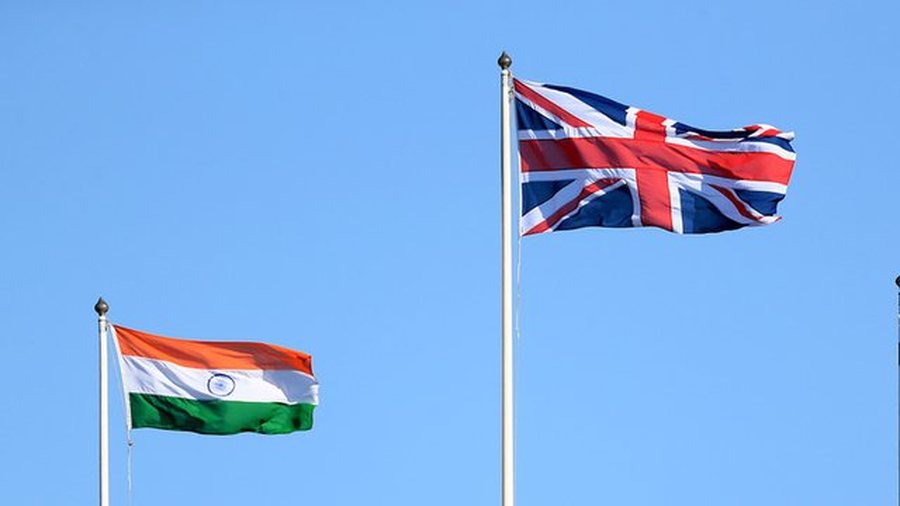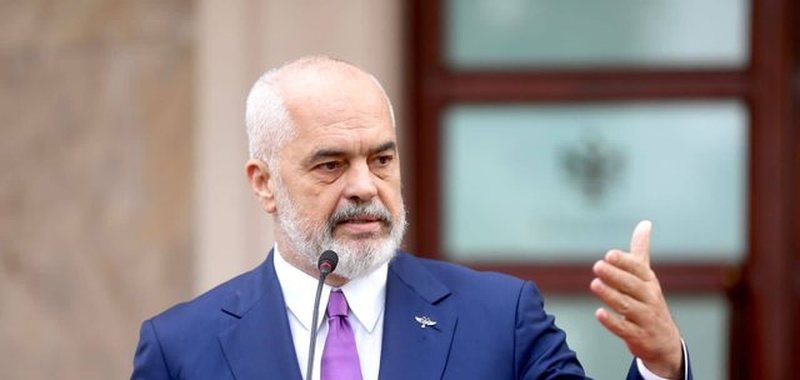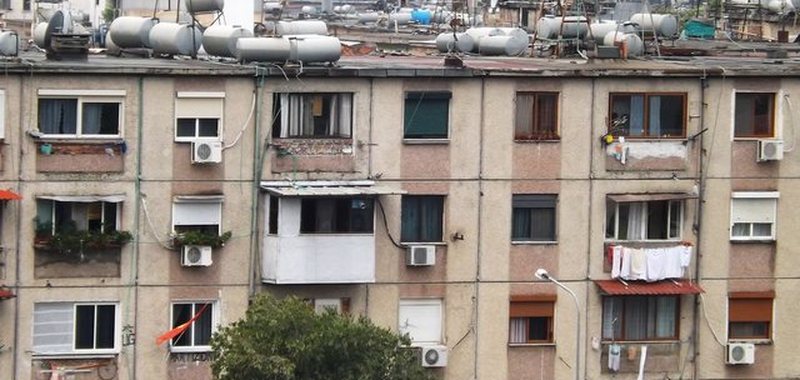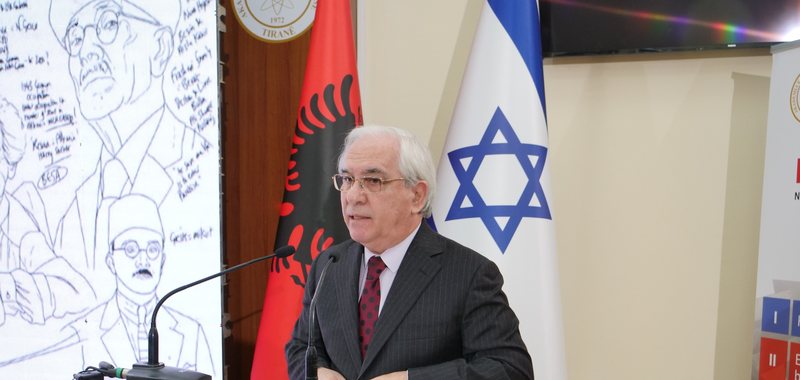Britain and India sign free trade pact/ Agreement expected to reduce tariffs on textiles, alcoholic beverages, vehicles

Britain and India signed a free trade agreement during a visit by Indian Prime Minister Narendra Modi. The pact includes tariff cuts on goods as well as more market access for businesses.
Talks on the trade pact were concluded in May after three years of negotiations, with both sides accelerating efforts to reach a deal, worried by tariff tensions sparked by US President Donald Trump. The deal between the world's fifth and sixth largest economies aims to increase bilateral trade by 25.5 billion pounds by 2040.
It is Britain's biggest trade pact since it left the European Union in 2020, but its impact is far smaller than the consequences of leaving its closest trading partner. It is also India's largest strategic partnership with an advanced economy and could provide a model for a long-discussed deal with the EU. Both sides have hailed the historic deal, which will enter into force after a ratification process, likely within a year.
British Prime Minister Keir Starmer said it would have huge benefits for both countries, making trade cheaper, faster and easier in a new global era for commerce. While Modi called the agreement "a blueprint for shared prosperity".
Under the trade deal, tariffs on Scotch whisky will be cut immediately from 150% to 75% and will fall to 40% over the next decade. Tariffs on spirits such as cognac and rum will initially be reduced to 110% and will end at 75%.
On cars, India will cut tariffs to 10% within five years from current levels of up to 110%, under a quota system that will be gradually liberalized. In return, Indian manufacturers will gain access to the British market for electric and hybrid vehicles, also under a quota system.
Under the deal, 99% of Indian exports to Britain will benefit from zero tariffs, including textiles. Britain will also benefit from reduced tariffs on 90% of the products it exports to India. On average, British firms will pay just 3% duty, compared to 15% previously. The countries also agreed to a partnership covering areas such as defence and climate.
But the projected growth in British economic output of £4.8 billion a year by 2040 is small compared to Britain's gross domestic product of £2.6 trillion in 2024.

Trump "clashes" with Fed chief/ Interest rates and headquarters renovation costs in focus of meeting
President Donald Trump clashed with Federal Reserve Chairman Jerome Powell during a rare presidential visit to the central bank's headquarters. Trump......

EU to simplify environmental laws/ Consultations begin after industry criticism
The European Union has launched consultations to further simplify environmental policies, after cutting an initial set of sustainability laws earlier this......

Solar energy, EU "slows" pace/ First annual decline in over a decade amid subsidy reductions
The expansion of solar power in the European Union is experiencing its first annual decline in more than a decade, according to industry data. The decline......

Fire situation, 34 outbreaks in the last 24 hours/ Ministry of Defense: 8 outbreaks are still active, 3 under monitoring
The Ministry of Defense has updated the balance of fire outbreaks in the country. In the last 24 hours, 34 fire outbreaks have been reported, of which 8 are......

Rama presents the Chief Digital Inspectorate of Territory/ The new structure will monitor every corner of the country
Prime Minister Edi Rama today introduced a new state structure, called the Chief Digital Inspectorate of Territory, which according to him represents another......

"Old palaces will remain unsold!" Reference prices, Demirxhiu: All eyes on the coast
After the publication of new reference prices, old buildings risk being left out of the market. "Always the ones that are most affected, or that will be......

Academy of Sciences towards reform in scientific research/ Gjinushi: Existing laws are not enough, they need to be brought closer to European standards
The Academy of Sciences is committed to reforming the scientific research system through strengthening and expanding existing research units and creating new......

The Turkish insurance model will be implemented in Albania/ How does the mandatory earthquake scheme work in Turkey and Romania?
According to the Ministry of Finance's draft law on mandatory earthquake insurance for homes, this model is inspired by successful international practices,......

















